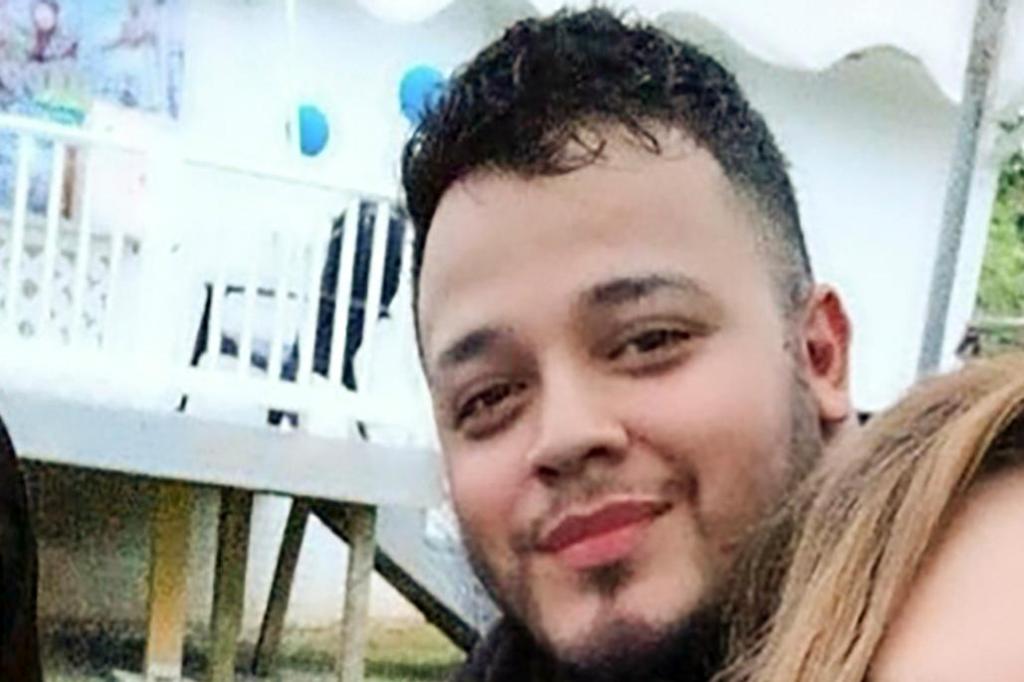Kilmar Abrego Garcia, the wrongly deported Salvadoran immigrant, was brought back to the United States on Friday where he will face criminal charges for allegedly transporting undocumented migrants.
The Maryland sheet metal worker was released from prison in El Salvador and put on a plane back to the U.S. two months after he was deported to his homeland in defiance of an order not to return him there for fear of persecution, ABC News first reported.

Abrego Garcia was recently indicted by a federal grand jury in Tennessee on two felony counts of illegally transporting undocumented immigrants within the U.S.
He’s accused of working for the MS-13 Salvadoran gang by driving thousands of undocumented immigrants from Texas to other parts of the country from 2016 to this year.
“Abrego Garcia is a danger to our community,” Attorney General Pam Bondi said. “He will be prosecuted in our country.”
“Up until yesterday, the Trump administration was saying they couldn’t bring him back,” said Rep. Glenn Ivey (D-Maryland). “This proves they could bring him back. Now he can get some semblance of due process.”
The Supreme Court had ordered the Trump administration to “facilitate” Abrego Garcia’s return to the U.S., although officials had insisted that didn’t mean they had to actually do anything because he was in the custody of Salvadoran authorities.
Abrego Garcia was deported to El Salvador in March along with more than 200 immigrants, mostly accused members of the Venezuelan Tren de Aragua gang. They were all imprisoned without charge at a notorious maximum security facility near the capital of San Salvador.
Trump officials admitted that Abrego Garcia was mistakenly deported despite an order by a judge barring his removal to his homeland because he claimed he could face retaliation from gang members. But they insisted that there was nothing they could do to get him back to the U.S. or freed from prison.
Sen. Chris Van Hollen (D-Maryland) briefly visited Abrego Garcia in El Salvador before he was returned to a different prison under less harsh confinement condition.
